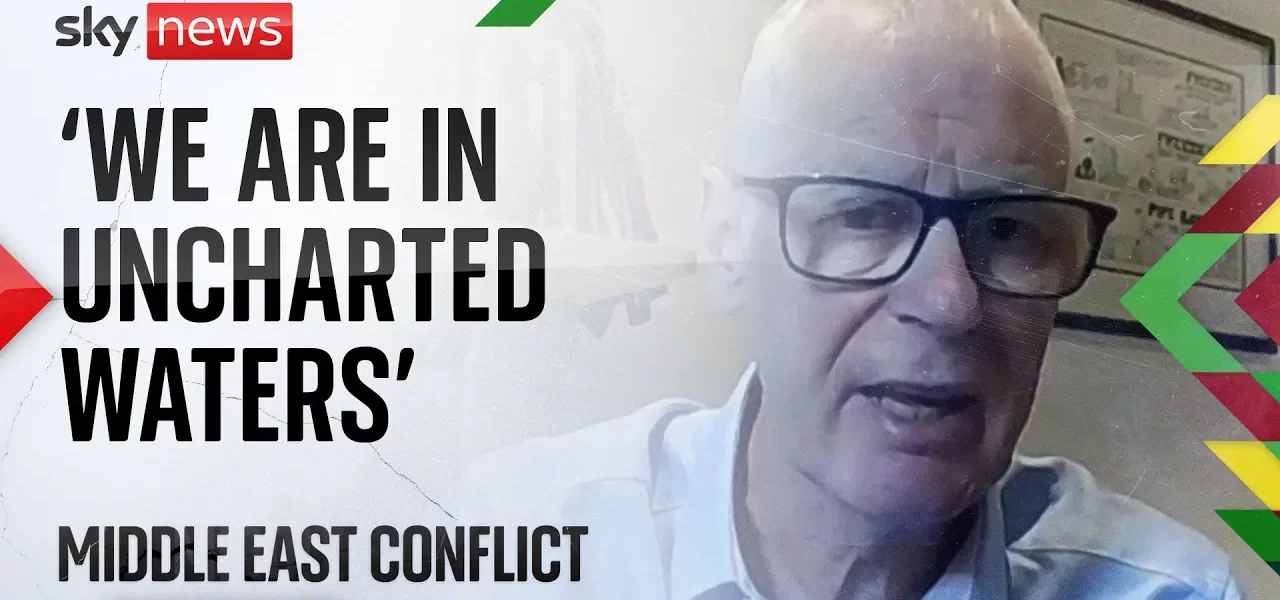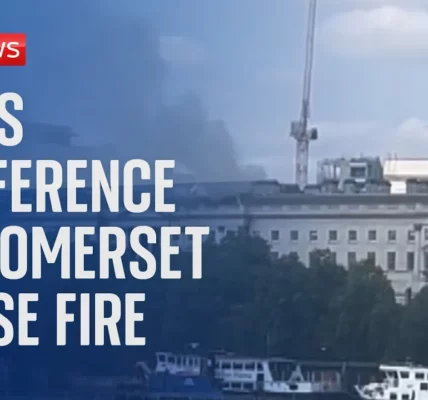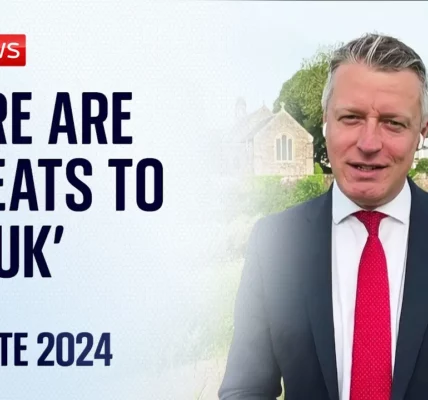Iran’s Missile Strikes Against Israel: A Geopolitical Analysis

In a rare public appearance, Iran’s Supreme Leader Ayatollah Ali Khamenei has praised the country’s missile strikes against Israel while issuing a warning of potential future actions. This article delves into the implications of these developments for Iran, Israel, and the broader Middle Eastern geopolitical landscape.
Introduction
The recent missile strikes by Iran on Israel are a significant escalation in the ongoing conflict between the two nations. Ayatollah Ali Khamenei’s public address during Friday prayers marks a pivotal moment in Iran’s military posture, reflecting both a sense of defiance and an underlying concern regarding its regional standing. As tensions rise, understanding the motivations and potential repercussions of these actions is essential for grasping the complexities of Middle Eastern politics.
The Context of Iran’s Strikes
Iran’s missile strikes against Israel can be traced back to Israel’s military actions against Hezbollah, a militant group based in Lebanon. This response highlights the intricate relationships and tensions in the region. Here are some key points to consider:
- Hezbollah’s Role: Hezbollah is one of Iran’s most valuable proxies in the Middle East, acting as a strategic partner in confronting Israel.
- Recent Military Actions: The strikes on Israel were a direct response to ongoing Israeli operations targeting Hezbollah’s capabilities.
- Supreme Leader’s Messaging: Khamenei’s remarks underscore a dual strategy of showcasing strength while managing domestic and regional pressures.
Iran’s Strategic Dilemma
As Simon Gas, a former British ambassador to Iran, points out, the Iranian regime faces a complex strategic dilemma. The need to demonstrate strength is juxtaposed with the risks associated with provoking a severe Israeli response. This section explores the nuances of Iran’s strategic thinking.
Defiance vs. Deterrence
The Iranian leadership is caught in a balancing act:
- Defiance: Iran aims to project an image of resilience and strength to its allies and adversaries alike.
- Deterrence: The regime must consider the implications of a heavy-handed response, which could invite severe retaliation from Israel or even the United States.
The Impact of Recent Military Setbacks
Iran’s reliance on proxy forces and its ballistic missile program has been significantly challenged. The recent losses, particularly of key figures in Hezbollah, have raised concerns about Iran’s military efficacy:
- The decimation of Hezbollah’s leadership.
- Questions regarding the effectiveness of Iran’s missile strikes.
- An urgent need to recalibrate its military strategy to maintain its regional influence.
Potential Israeli Responses
The prospect of an Israeli attack on Iranian nuclear facilities raises further complexities. Simon Gas suggests that while such an action would be escalatory, it is not outside the realm of possibility. The potential responses from Iran could have significant ramifications:
Military Targets vs. Nuclear Facilities
Israel is more likely to focus on military targets rather than nuclear sites. Possible targets include:
- Ballistic missile launch sites.
- Military installations connected to Hezbollah.
- Infrastructure that supports Iran’s military capabilities.
Iran’s Possible Reactions
Should Israel escalate its military actions, Iran has several potential responses:
- Launching retaliatory strikes against Israeli interests.
- Enhancing support for its proxies, including Hezbollah.
- Accelerating its nuclear program in response to perceived threats.
The Broader Geopolitical Consequences
The ramifications of Iran’s actions extend beyond its borders, impacting regional stability and international relations:
- Regional Alliances: Iran’s alliances with groups like Hezbollah and Hamas are under scrutiny as tensions escalate.
- U.S. Involvement: The potential for U.S. intervention in response to an Israeli strike complicates the situation further.
- Oil Markets: Any military escalation could disrupt oil prices, affecting global markets.
Conclusion
The recent missile strikes by Iran against Israel represent a critical juncture in Middle Eastern geopolitics. As both nations navigate this tense landscape, the potential for escalatory actions looms large. Understanding these dynamics is essential for anticipating future developments in the region.
For those interested in exploring more about the complexities of Middle Eastern politics, including Iran’s nuclear ambitions and its relationships with regional proxies, click here.
“`




